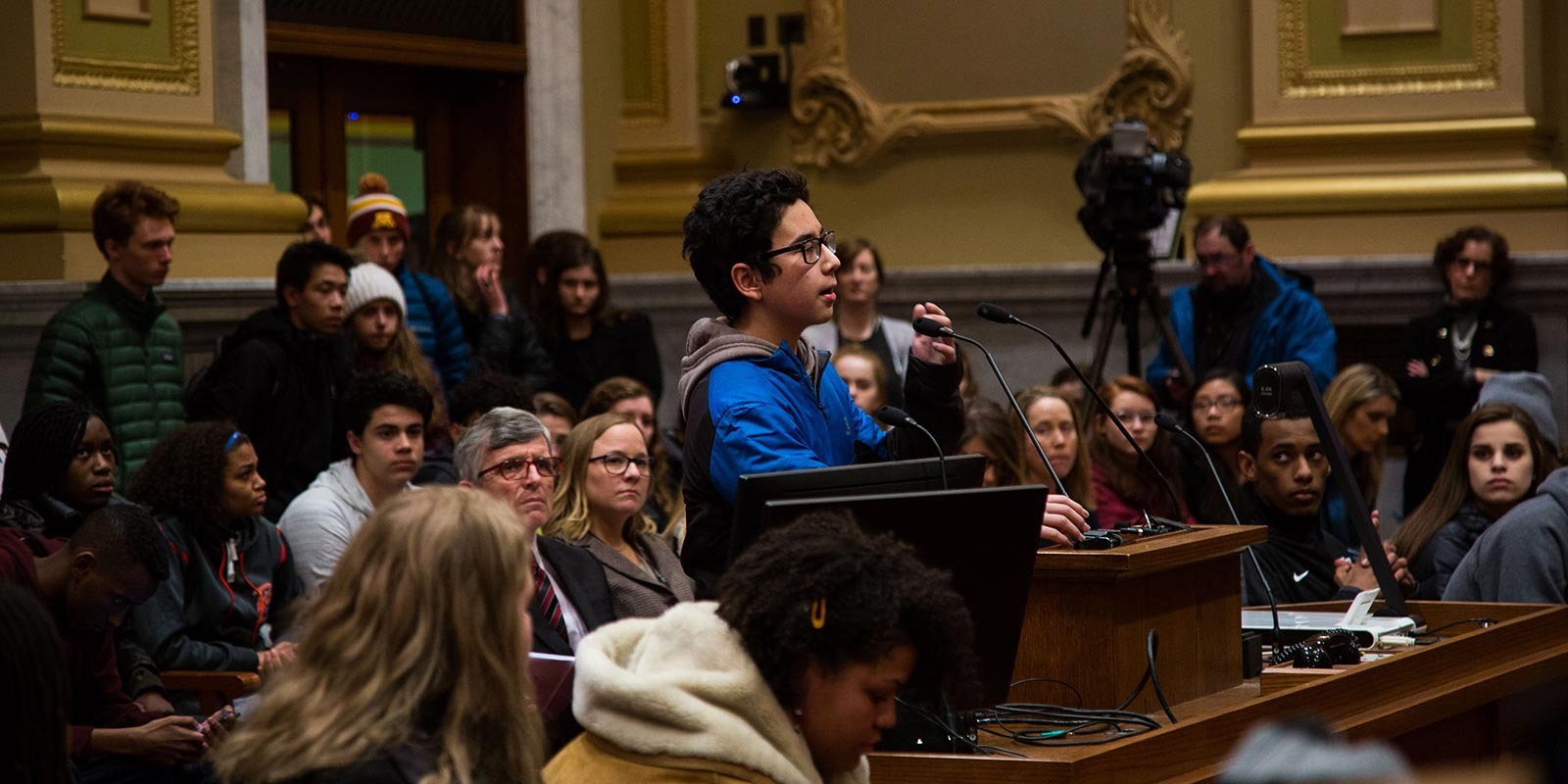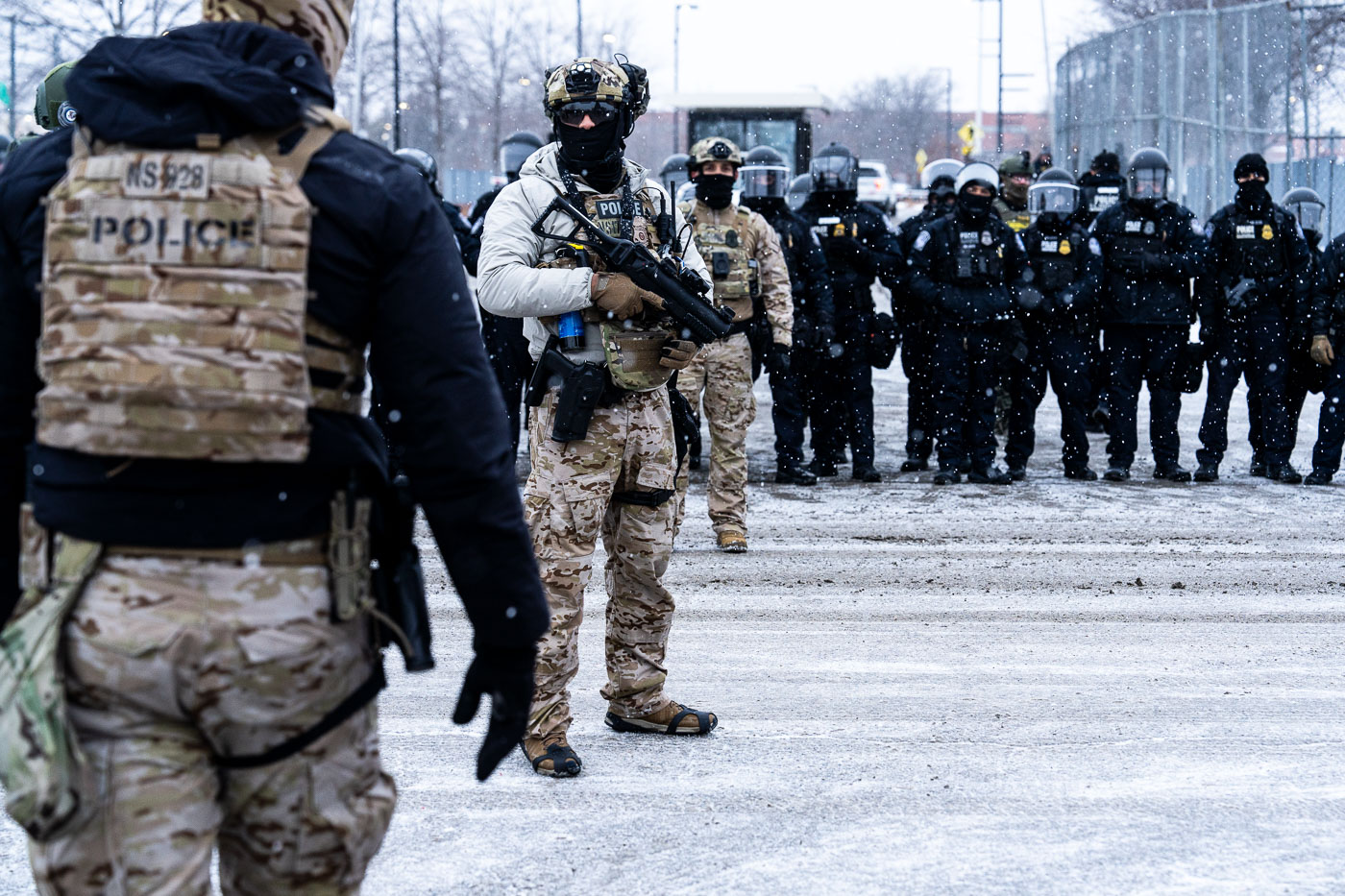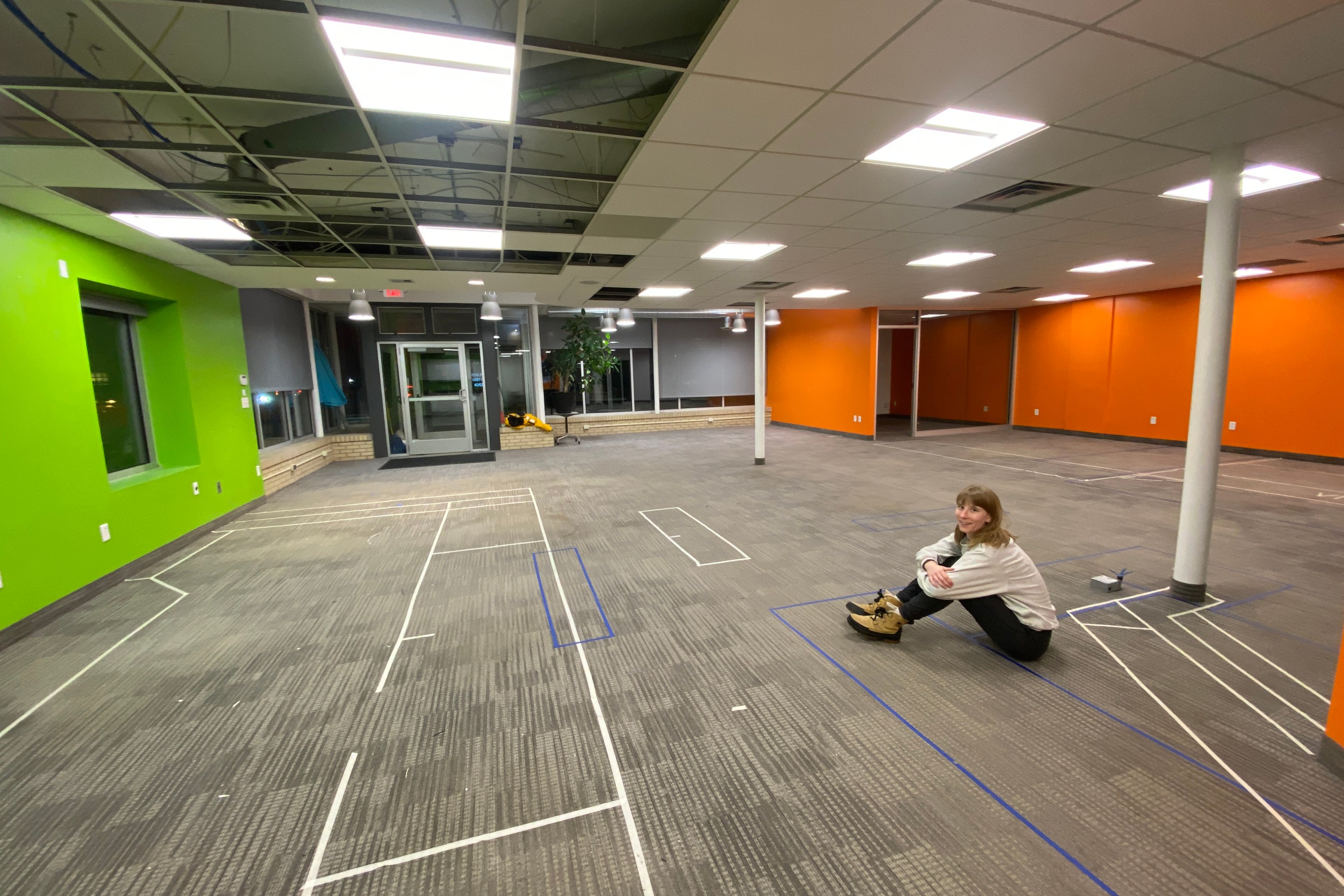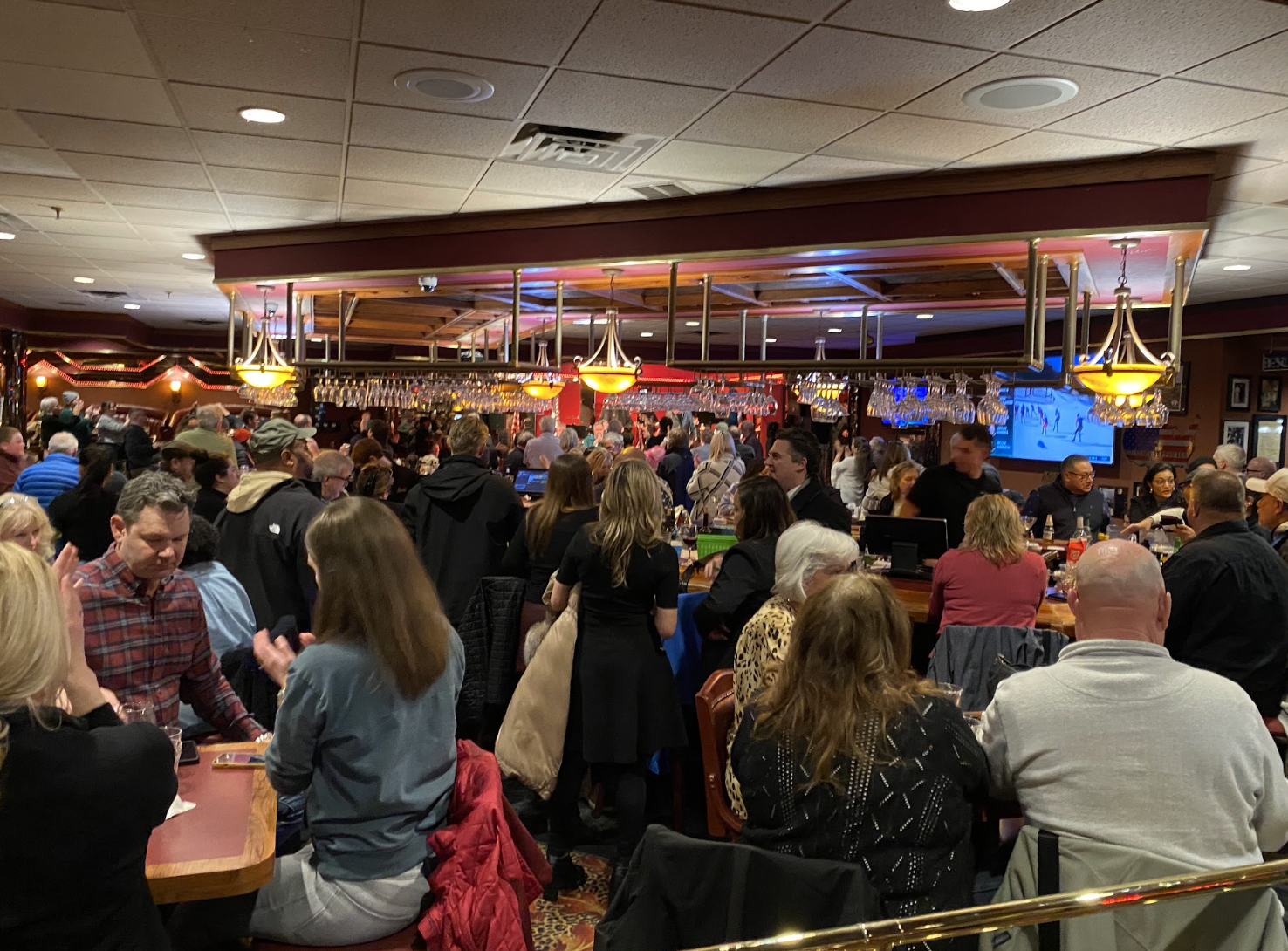We’re a few short weeks from the inauguration of a new presidential administration, and I can already feel the familiar 2016 to 2021 vintage cocktail of anger, sadness, and dismay seeping back out of my bones and into my bloodstream. A nativist, socially revanchist political party now controls all three branches of the federal government. Things are bad, and they’re going to get worse for a lot of us. People seem more resigned, dejected, exhausted. I get it. What are we supposed to do about the deluge of horror and hate that will soon wash over us? What can we even do at a time when national politics feel distant and hopeless?
My humble suggestion? Get involved in local politics. Your city1 has incredible influence over the day-to-day wellbeing of you and your neighbors. Admittedly, it cannot guarantee you the right to abortion or prevent the deportation of your friends. It cannot unfuck our federal courts, lost for a generation, or prevent multinational corporations from trying to ravage every corner of our lives.
But your city can improve your schools to teach the next generation to do better. It can ease the suffering of the homeless, give you clean water to drink, and maintain beautiful parks to walk through as you stave off despair. It can fight for higher wages and better working conditions. It can expand discrimination protections and enforce them. It can promote the construction of more homes for the people fleeing cultural and political oppression in less kind places. It can provide economic opportunity to historically disenfranchised populations. And it can even bring you joy from time to time.
I know this is probably preaching to the choir, i.e. the readers of a subscription-based local alternative publication in one of the most civically engaged states, but I challenge every single person to pick one issue—just one issue that you really care about—and show up for it. Show up as often as you can, to every city council or community meeting that you can. There are so few people who continually and consistently show up for local issues. And many of them are horrible people with terrible opinions and harmful ideas! We need good, passionate people to engage with city politics. Otherwise, we run the risk of surrendering our nearest point of governance to cranks, crackpots, and opportunist capitalists. It really won't take long for you to have an impact. I promise: You have something valuable to offer, and you will make a difference if you choose to.
It can be hard to get started! But look at me: If a dipshit like that can do it, so can you. There is a real learning curve to civic engagement, but I’m here to help flatten it. I moved here in 2019 with basically no local connections. Now I’m recognized by multiple Minneapolis City Council members, occasionally in a positive way. Sometimes they text me to ask questions about my niche little bailiwick. Sometimes they ask my opinion on some policy idea. Hopefully they don't think I'm a big jerk for excoriating their less-good colleagues or noxious members of the community in public or on social media. (I would settle for minor jerk.) This is not to inflate my importance: I am a small player in a narrow area of city politics. But it takes a lot of people doing their own little piece to make a city better. Based on my experiences ingratiating myself into Minneapolis city politics, here are the steps you can take to make a difference for the place you live.
Pick Your Issues
You do not have to care about every single aspect of your city’s enterprise. I hereby release you from any imagined responsibility to fix every problem your city faces. Pick one. Two if you’re ambitious. Ask yourself, “What do you care most about?” Do you see a pathway to positive change for your chosen issues? Do you have lived experience or subject-matter expertise that can make you an asset for politicians who want to make positive change or prevent negative change? How can you be helpful in the way that the people in power actually find helpful?
For me, those issues were tenants’ rights and the city’s response to homelessness. Maybe you’re passionate about school funding, or bike lanes, or a municipal snow-shoveling program, or bringing back the Holidazzle parade. Pick your thing! The narrower the issue the better, sometimes. It might feel silly, but you can do a lot of good as a person monomaniacally focused on a bite-sized problem, rather than be another in the crowd of people puzzling over larger, more existential issues. One time my local pizza place was going for an expanded liquor and events license to put in a bar and do karaoke, and I showed up to speak at the meeting because I was afraid someone would complain. This is a small thing that has had a great impact on my neighborhood. But so often a few loud naysayers can throw a wrench into the works.
Ya Gotta Know the Territory
Once you’ve identified your issues, it’s time to do your homework. I see a lot of eager-but-directionless folks throw themselves at city politics and bounce off because they don’t know how things work. Follow the issues for a while; learn the context and history of how we got here. What can the city actually do, jurisdictionally and practically? What was tried, what failed, what got voted down? How do things get done in your city? How is the government structured? What departments report to which officials? What are the politics of your city’s population, and what are the internal politics of your city’s legislative and executive officials?
You can watch most public meetings live or recorded on YouTube, and that's probably a good thing for getting involved while you have a job and a life. But there's no substitute for going downtown and sitting in the public forum itself. Policy aside: Learn the game and learn the players. Listen to what actually gets said and think about why.
To aid you in this process, identify critical and reasonable observers. Listen to what they have to say. Ask questions and really hear the answers. You don't have to agree with them all the time. In fact, it might be good to hear from people who don’t perfectly align with your opinion. I’m not valorizing both-sidesism, it’s just that local politics don’t map as cleanly as national issues can. People are idiosyncratic, and the problems your city faces are far more often practical than partisan.
For me, the people who were (and often still are) the Virgils to my Dante are Wedge LIVE!, Taylor Dahlin, Christin Crabtree, Cam Gordon, David Brauer, and Council Vice-President Aisha Chughtai, among others. Perhaps yours will be bike evangelist Laura G. Mitchell, one-woman electoral encyclopedia Naomi Kritzer, or even the dreaded Richfield Sean. But I promise, they’re out there. In my five years living here, I have found no end of interesting people who are happy to share their perspective on local politics.
Show Up
What does getting involved in local politics actually look like? Persistent engagement, long-simmering legislative processes, fits and starts of progress, frequent disappointment, and occasional elation. Speak in favor of your preferred policies at public forums, whether they be at formal city meetings or community events. Reach out to the politicians who are working on these issues. Ask what you can contribute. Offer your help, be patient for a reply, and be gracious if none comes or they say "no thank you." You can always offer again!
They may need subject-matter expertise from outside of the city apparatus. For example, the Minneapolis City Attorney's Office has a pesky habit of saying proposed ordinances that would help poor people will be preempted by state law, or that it has to be written in a specific way that weakens the law lest it be held unconstitutional, when any lawyer with a pulse can see otherwise. I have been that lawyer with a pulse on a few occasions. Or they may need help organizing around an issue. If you can martial other like-minded people to speak at a meeting, or pressure their council member on a vote, that might be enough to eke out a victory in a close fight. And if there’s a politician you really like and believe in, you can even go knock on doors for them. One person can absolutely make a difference in local elections which can be decided by as few as 38 or 19 votes.
You Are Allowed to Be a Menace
Sometimes there’s only so much constructive work that can be done. There will always be a need for people to take it to the opposition. If there are noxious local voices, learn how to combat their narratives and undermine their credibility. You shouldn't cuss someone out at a public meeting, but you should point out that they don't even live in the city they're complaining about. You shouldn’t flip someone the bird during a heated public debate (I have, I regret it), but you should point out the hypocrisy of their views.
Learn the pain-points of your opponents. Every city council member in Minneapolis and St. Paul except one is nominally a member of the DFL.2 But there are often DFL-in-name-only conservatives on those bodies who hate to have that conservatism pointed out. You shouldn’t threaten public officials’ safety, because it’s wrong and they may sue you, but you can threaten them with electoral consequences. It's not very Minnesota Nice to do this stuff, but false social codes of hyperdecorum are almost always weaponized against the oppressed, so fuck Minnesota Nice. You might just have to get Minnesota Interesting to help the people who need it.
Make Friends, Have Fun
If you’re doing this right, you are going to meet cool, fun, smart people and get to know them. That is a major perk of this whole endeavor! If you don't enjoy your engagement with local politics, you will almost certainly quit. There are too many hard parts for you to keep going without camaraderie and bonhomie. If you put yourself out there, you will meet so many wonderful people and make so many friends and have so many invitations to community events that you will feel full of joy and light even when you're slogging out horrible debates over housing policy or public safety discourse. Or at least you’ll be able to have a laugh with your new friends afterward.
Final Thoughts
When Racket asked me to expand my comment about jumping into city matters on an Open Thread into this article, I was forced to reckon with the idea that I might have something worthy to share. I don’t consider myself a particularly smooth nor effective political operator. I don’t think I’m especially persuasive. I am not an effective organizer. I have no desire to run for office. My best trait is probably being a dumb, rude person who gets mad at even worse people. But I think my amateur status is a bonus for you. If I can fumble my way into making even a small difference, making life just a little better for the people who live in my city, think of what you can do.
Footnotes
- Yes, Minnesota has many townships and census-designated places that are not cities. But for the ease of conversation I’m going to call all municipalities “cities.”Return to content at reference 1↩
- Council Member Robin Wonsley is an independent socialist.Return to content at reference 2↩






